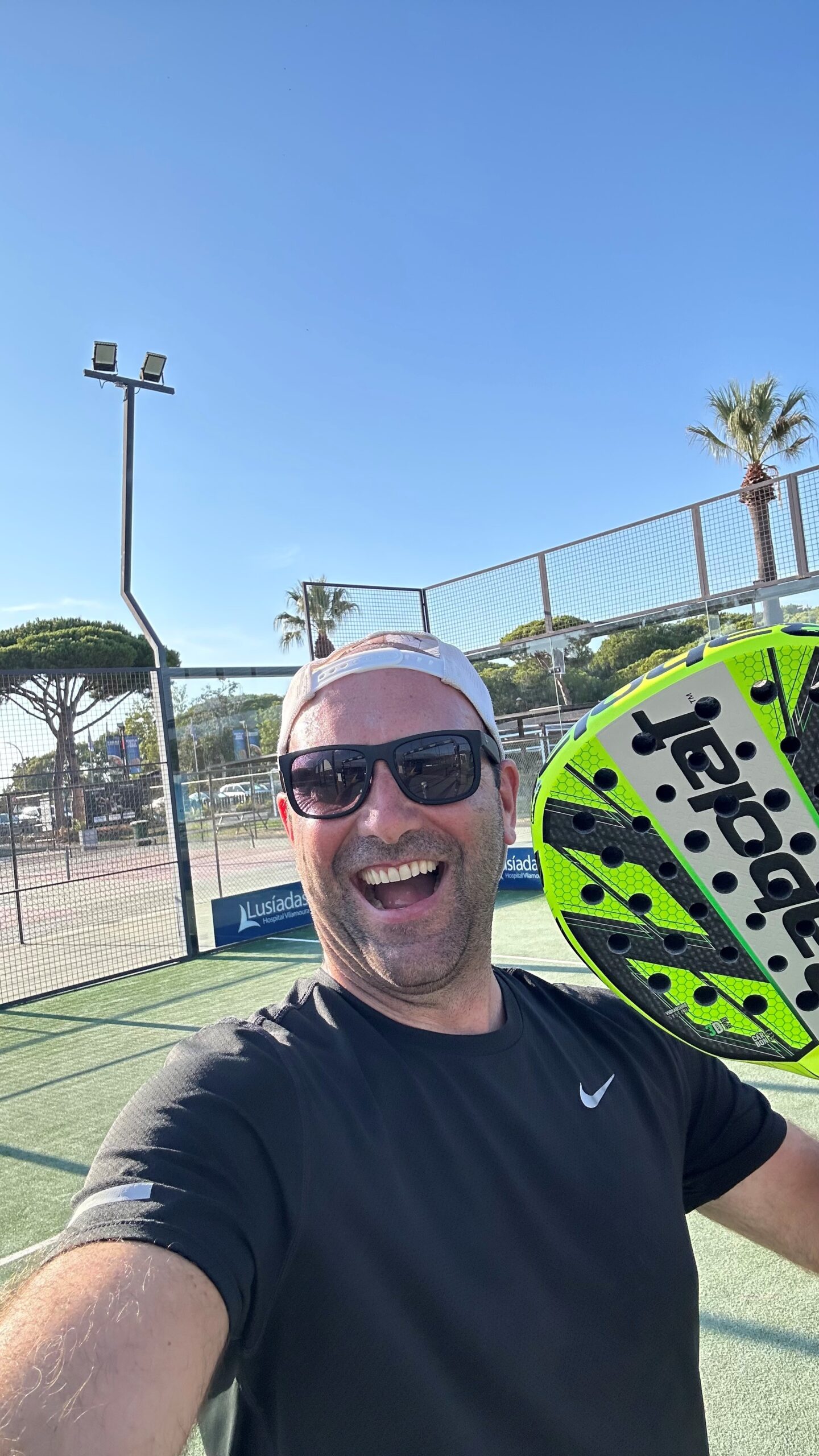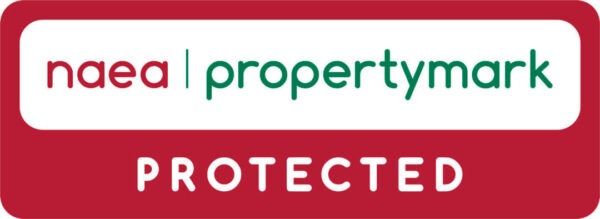What is Padel?
We’ve talked a little lately about the benefits of exercise for both physical and mental health, and especially how cold weather exercise can be extra powerful. While getting out for a run or a bike ride are excellent options, and team sports are brilliant for those who love a muddy field, there is a new(ish) sport that has recently swept the globe, is a lot of fun, is perfect for beginners, is played outside and requires just two of you to have all the fun this new sport offers – and it’s already big in Manchester. Padel.
So, what is padel?
Padel is a racquet sport that’s a combination of tennis and squash, played on an enclosed court (with walls usually made from glass, brick or a taut mesh) both indoors and outside. Padel courts are about a quarter smaller than tennis courts, 20 metres long by 10 metres wide, while a tennis court is 23.77 metres long by 8.23 metres wide for singles and 10.97 metres for doubles.
Players bounce the ball off the walls as well as directly over the net, making it more a game of strategy, involving angles and bounces, whereas tennis involves more running about and there is greater emphasis on powerful serves and ground strokes. The racquets are shorter than a tennis racquet and are not stringed, but solid, lightweight, and perforated with holes. Padel balls are similar to tennis balls, however they are a little larger and they have lower internal pressure, which means they bounce lower and slower.
Padel is probably the most rapidly growing game in Europe, even though it’s been around since the late 1960s. But why?
Padel is quick and easy to learn
It’s said that everybody can learn padel in less than an hour, to a reasonable competency level, whereas tennis can take months or even years to achieve a ‘good game’. This means that partnering up isn’t so challenging, and it’s the perfect sport for a couple to take up together where there are differing levels of fitness and experience.
Padel results in a dopamine boost
As with any competitive sport, padel triggers the production of adrenaline, as the fight or flight mechanism gears up. Adrenaline makes your heart beat faster and your lungs more efficient. It causes your blood vessels to send more blood to your brain and muscles, increases your blood pressure, makes your brain more alert, and raises blood sugar levels to give you energy.
Padel, as with any exercise, also triggers the release of dopamine. It’s known as the ‘reward hormone’ and is generally triggered when you are enjoying yourself – in fun games, eating something you love, stroking a pet, or winning something, for example. Playing a sport with friends, particularly in a doubles game, is always fun and will trigger that dopamine release we all seek – and could be a reason padel is so addictive. Those who love it say they got hooked really fast.
Padel challenges your brain, not just your body
Like squash, padel requires you use the walls to return serves and shots, meaning your brain needs to do fast calculations. However, because it’s slower than squash or tennis, there is a much better chance your opponents can return the ball, which means longer rallies, at a slower speed – so you get the brain workout with the body workout but can keep up with the game as your fitness levels improve.
Padel is fun
Perhaps the most important aspect of playing padel is that it’s just pure, simple fun. With most ball games, you need each participant to be of a similar competency to the next, and if one player isn’t, it soon shows and can make the game uncomfortable. In padel it seems that people go to play and have fun, not simply to play and win. This makes it far more open for couples and groups of friends to play together – there is no intense pressure to win, but a more manageable, friendly level of competition and a lot more laughs to be had.
Where can I play padel in Manchester
If you want to play in the city centre, Club de Padel has multiple indoor courts and will provide racquets and balls. You can book your own court, or sign up for a public match, where three other players you may not know also sign up, making it ideal for those who either want to exercise and run, or meet new people. Pure Padel Manchester, in the Green Quarter, is an all-indoors facility with a cafe, equipment hire and private coaching available.
Head over to West Didsbury and play down at The Northern Club who have two covered Padel courts which will keep you dry all year round. https://thenorthern.co.uk/padel/
Further out of town, Manchester Padel Club, in Cheadle, has five outdoor courts, one with a cover, and offers coaching as well as social events. In Wilmslow, The Padel Club has four outdoor courts, with four canopied courts in progress, and offers coaching and socials – and is expanding to open a second Padel club in Trafford City, with 11 courts available.
Eddie – Friday 25th October 2024. (Image of Eddie on the Padel court).



